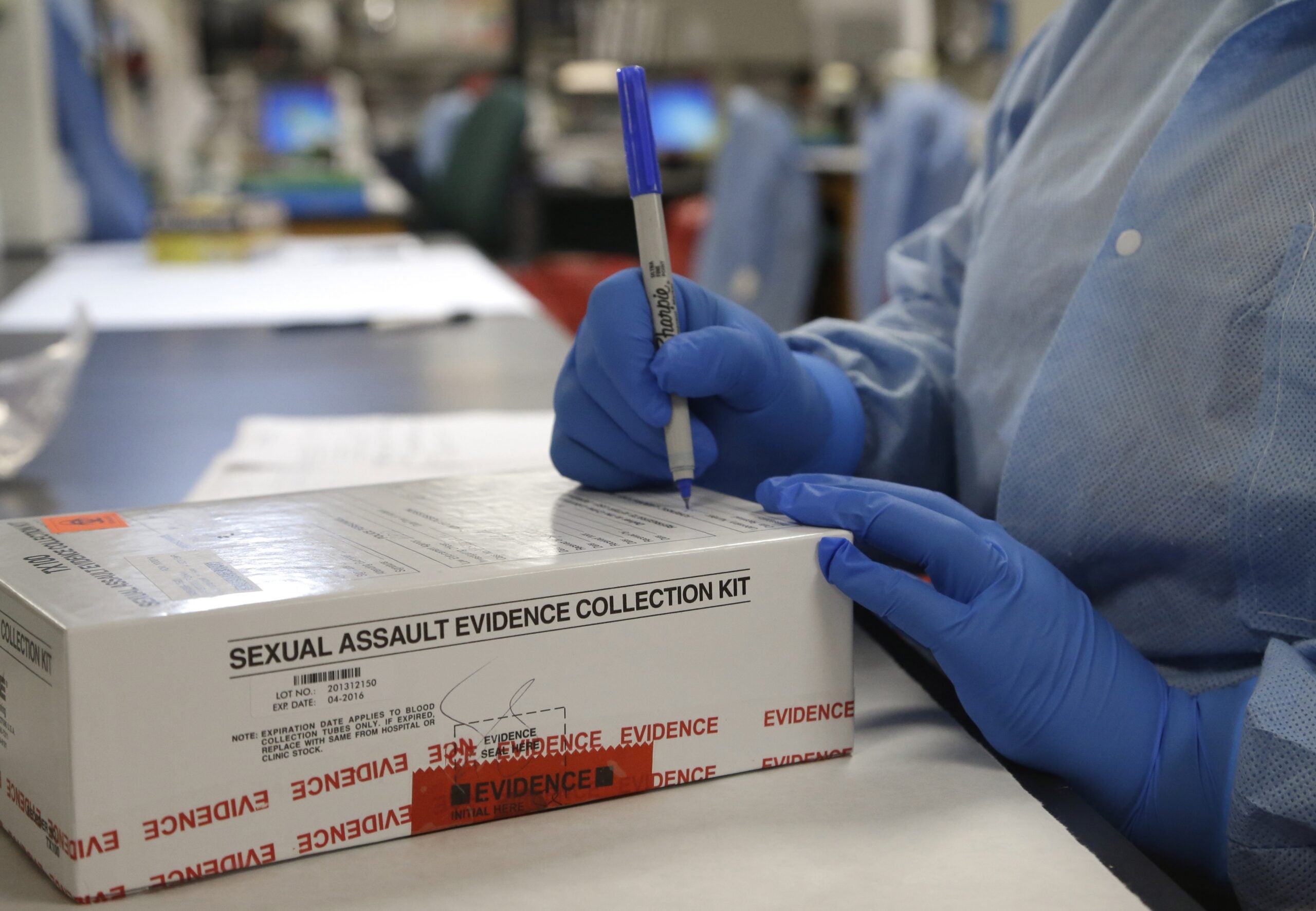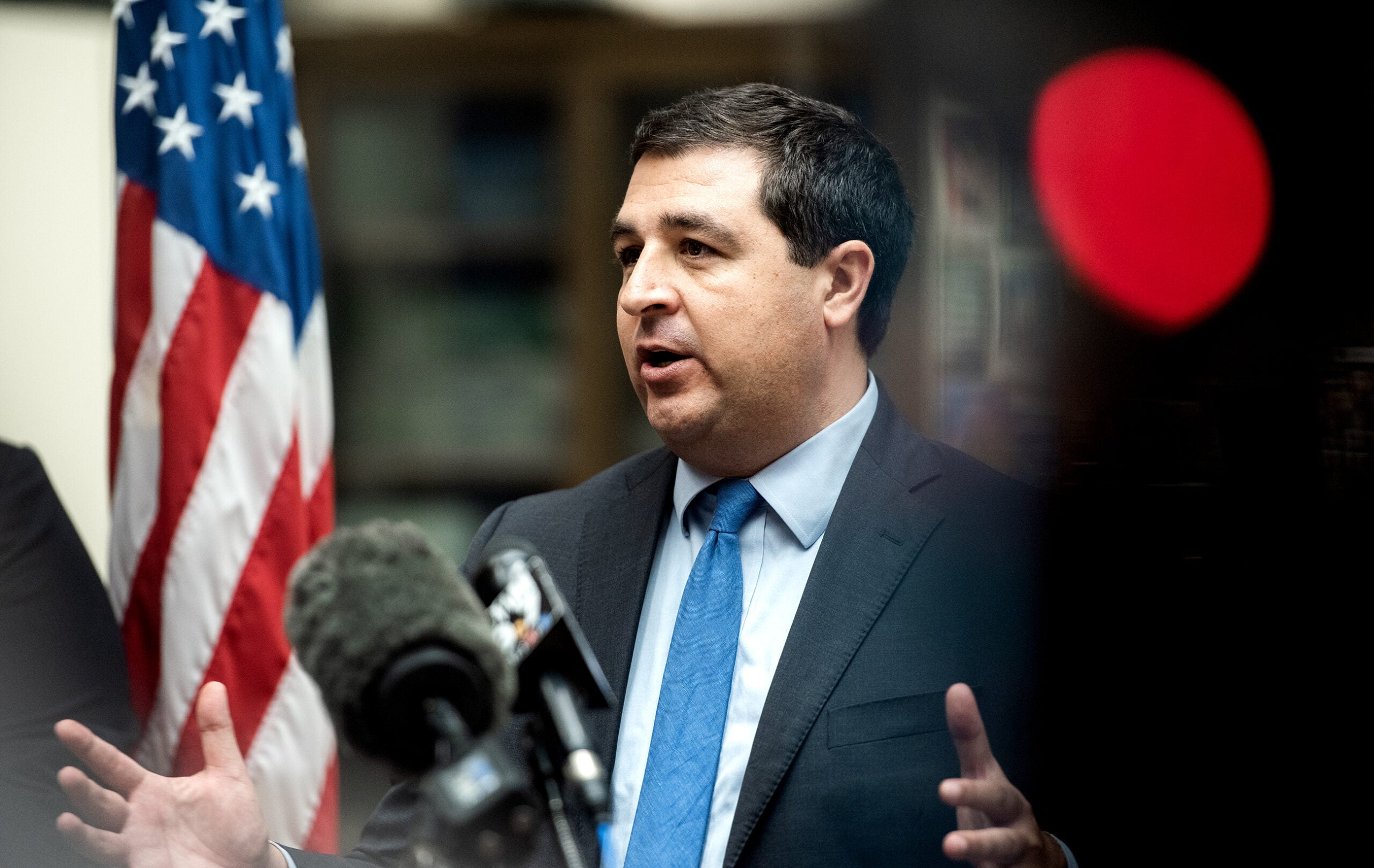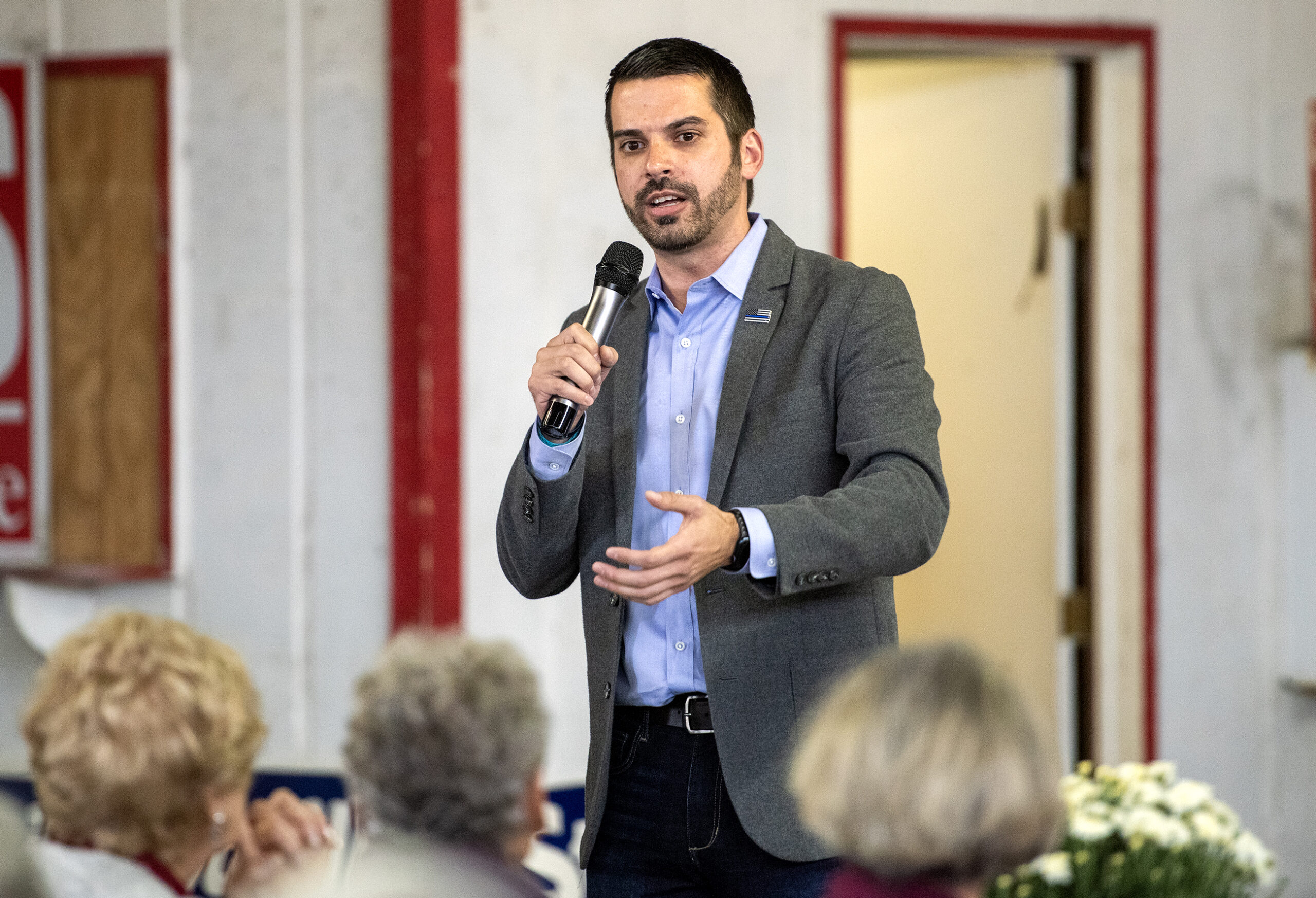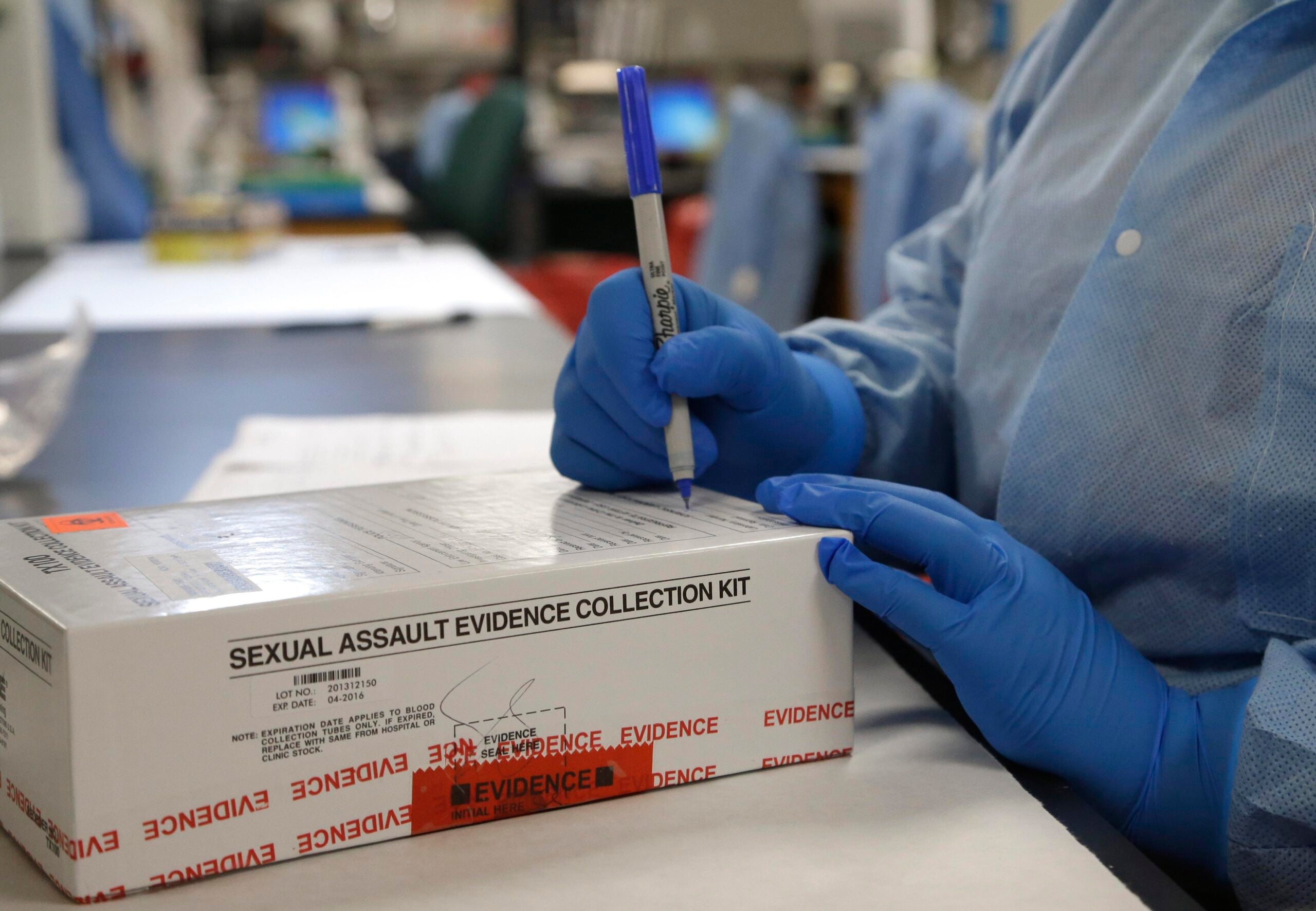Amid efforts to reduce backlogs of evidence submitted to the Wisconsin State Crime Lab for processing, turnaround times in some categories continue to grow, particularly when it comes to DNA evidence.
In its report highlighting work done in 2019, the state Department of Justice’s Division of Forensic Sciences — which includes the Wisconsin State Crime labs — reported the average time it took to process DNA analysis has increased from 76 days in 2017 to 97 days in 2019.
Wisconsin Attorney General Josh Kaul said the increased turnaround time for DNA processing is the result of lab staff prioritizing thousands of untested sexual assault kits found in police evidence rooms across the state in 2014. The issue became a common theme during the 2018 campaign for the state’s top law enforcement position. Kaul criticized former attorney general Brad Schimel for not moving more quickly to eliminate the backlog.
News with a little more humanity
WPR’s “Wisconsin Today” newsletter keeps you connected to the state you love without feeling overwhelmed. No paywall. No agenda. No corporate filter.
In September 2018, Schimel announced the backlog of sexual assault kits had been eliminated, in part by working with outside labs.
But Kaul said because crime lab staff focused on the backlogged kits in 2018, kits that should have been tested in late 2018 were pushed to 2019 instead, increasing the delay.
“So those cases, once the crime lab returned to those delayed cases and started completing those, that impacts the turnaround times in 2019 as those cases that have been delayed in ’18 get completed in early ’19,” said Kaul.
Kaul said while the average turnaround time for DNA analysis increased last year, the number of cases waiting longer than 30 days for testing has gone down.
The State Crime Lab reported 956 criminal case leads generated from DNA analysis in 2019. That’s down slightly from 2017 and 2018 when analysts worked their way through the backlog of sexual assault test kits.
The 2019 report shows the average turnaround time for forensic firearm testing increased from 171 days in 2017 to 268 days in 2019.
Kaul said it takes approximately two years to train a firearms examiner and for a time in 2019 there were only four analysts processing samples as opposed to the usual six.
“You know, the lack of having six meant that those turnaround times had been increasing,” said Kaul. “Now that they’re at six, I’m hoping we’ll see a change in that direction.”
All firearms examiners are based at the crime lab’s Milwaukee location, said Kaul. In his 2019 budget request he said he asked for an additional two examiners in order to open an office in Madison, but they weren’t approved.
State Crime Lab turnaround times for analyzing samples of controlled substances was cut by more than half in the past three years, according to the report. In 2019, it took the crime lab an average of 33 days to provide results from evidence submissions. In 2017 the turnaround time averaged 80 days.
Kaul said the improvement is the result of new submission guidelines for law enforcement agencies around the state.
“And that’s important because like any agency, the crime labs have limited resources,” said Kaul. “And so we want to make sure that the cases that they’re taking in are ones that meet a certain, you know, threshold or significance and that we’re not taking in cases that are ones that don’t need to be handled by the crime labs.”
He said, in general, controlled substance submissions to the State Crime Lab mostly involve felony cases now as opposed to misdemeanors.
A 2018 needs assessment of State Crime Lab offices by the National Forensic Science Technology Centers recommended several improvements to DOJ. It recommended improved communication between management and staff, and an improved pay structure for crime lab employees, among other things.
Kaul said the DOJ was able to make some positive changes in pay but more work needs to be done. He said generally speaking, crime lab analysts in Wisconsin make less than counterparts in neighboring states.
Wisconsin Public Radio, © Copyright 2025, Board of Regents of the University of Wisconsin System and Wisconsin Educational Communications Board.







